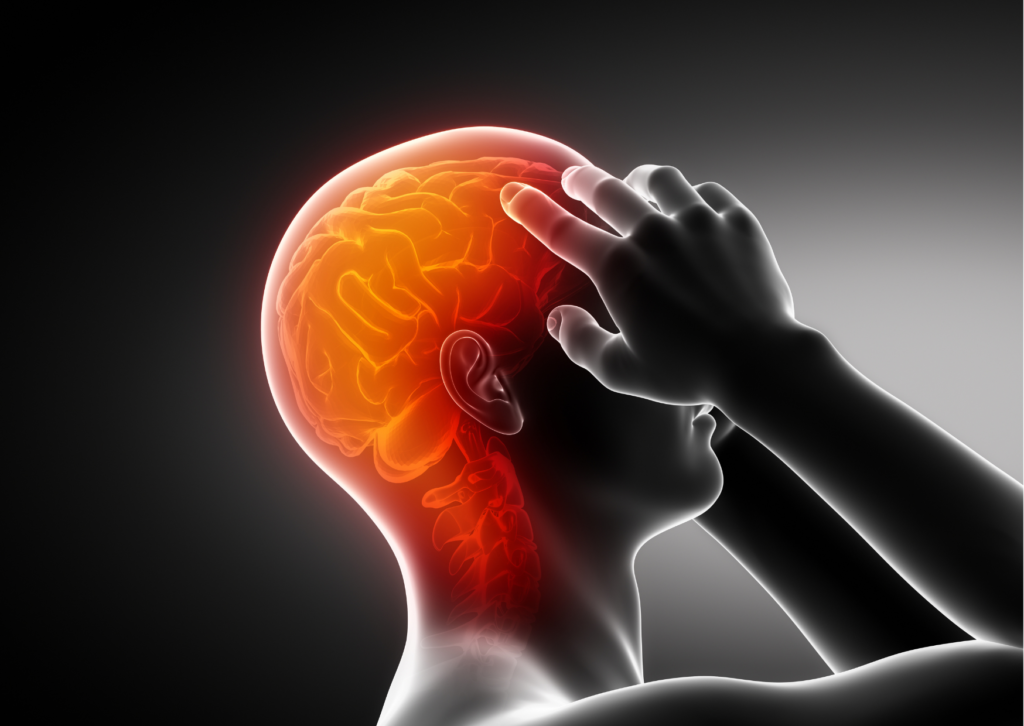610
Treatment Options:
- Medications: Over-the-counter pain relievers, such as ibuprofen or acetaminophen, can help alleviate mild to moderate migraine symptoms. For more severe migraines, prescription medications, including triptans and ergots, may be prescribed to relieve pain and reduce symptoms.
- Preventive Medications: In cases of frequent or severe migraines, preventive medications such as beta-blockers, antidepressants, and antiepileptic drugs may be prescribed to reduce the frequency and severity of attacks.
- Lifestyle Modifications: Identifying and avoiding triggers, maintaining a regular sleep schedule, managing stress through relaxation techniques, and adopting a healthy diet and exercise regimen can help reduce the frequency and severity of migraines.
Conclusion:
Migraine is a complex neurological condition that can significantly impact daily life. While there is no cure for migraines, various treatment options are available to help manage symptoms and improve quality of life. By working closely with healthcare professionals to develop an individualized treatment plan, migraine sufferers can find relief and regain control over their lives.

